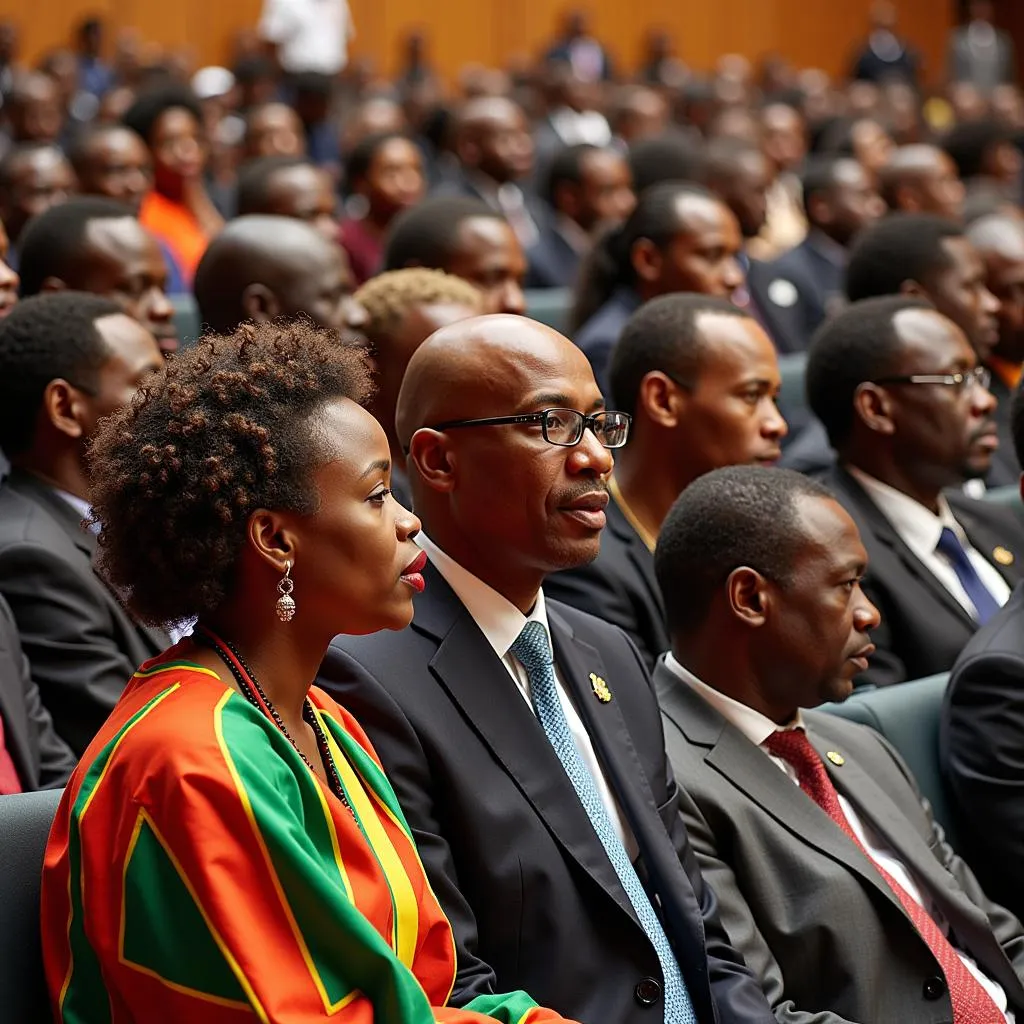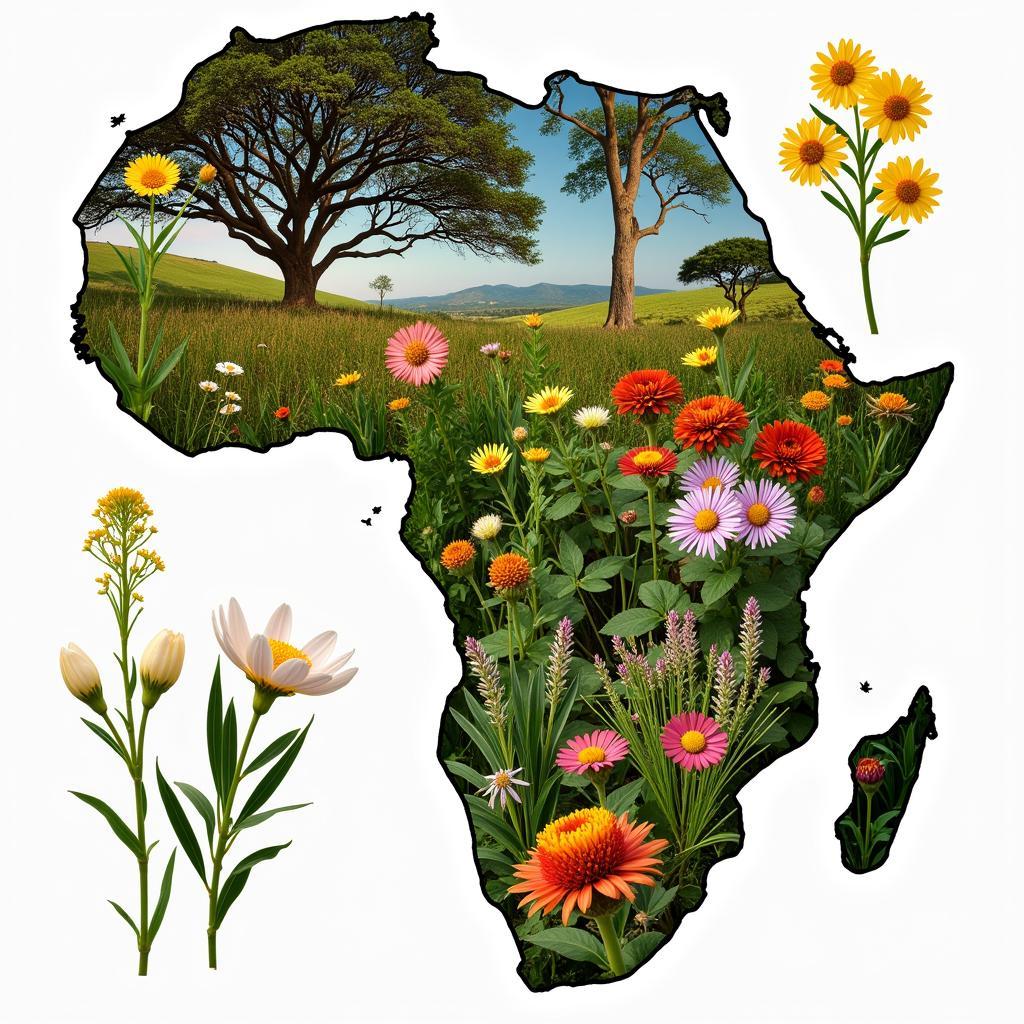Sourcing the World’s Best: A Guide to African Coffee Wholesale
African Coffee Wholesale offers a unique opportunity to tap into the rich diversity and exceptional quality of coffee beans grown across the African continent. From the highlands of Ethiopia, the birthplace of coffee, to the volcanic slopes of Kenya and the lush forests of Rwanda, African nations produce some of the most sought-after beans by coffee connoisseurs worldwide.
Discovering the Allure of African Coffee Beans
What sets African coffee apart is not just its origin but also its incredible flavor profiles. Each region boasts unique characteristics influenced by soil composition, altitude, rainfall, and processing methods. Ethiopian Yirgacheffe, for example, is known for its delicate floral aroma and bright citrus acidity, while Kenyan AA beans are prized for their full body, blackcurrant notes, and winy aftertaste. Rwandan coffee often exhibits a sweetness reminiscent of brown sugar and caramel, balanced with fruity flavors like berries and plums.
Navigating the World of African Coffee Wholesale
For businesses looking to source high-quality coffee, African coffee wholesale presents a world of possibilities. Here’s what you need to know:
1. Identifying Your Needs
Before delving into the world of African coffee wholesale, it’s essential to determine your specific needs:
- Target Market: Who are your ideal customers? Are you catering to specialty coffee shops, restaurants, or a broader market?
- Volume: What quantity of coffee do you need on a regular basis?
- Budget: What price range are you comfortable with for green coffee beans?
- Certifications: Are there any specific certifications you require, such as Fair Trade, Organic, or Rainforest Alliance?
2. Exploring Different Origins
Africa is home to a diverse range of coffee-producing nations, each with its unique offerings:
- Ethiopia: Known for its Arabica beans with floral, citrusy, and fruity notes.
- Kenya: Famous for its high-quality AA beans with full body and balanced acidity.
- Tanzania: Produces a wide range of Arabica beans known for their bright acidity and fruity sweetness.
- Rwanda: Known for its fully washed coffees with a clean flavor profile and notes of caramel and chocolate.
- Uganda: Produces Robusta beans primarily, known for their bold flavor and high caffeine content.
3. Working with Reputable Importers
Partnering with a reputable importer specializing in African coffee wholesale is crucial:
- Experience: Look for importers with a proven track record of sourcing and importing high-quality coffee from Africa.
- Transparency: Choose importers who offer transparency throughout their supply chain, providing information about the origin, farmers, and processing methods.
- Direct Trade Relationships: Importers who have established direct trade relationships with farmers often ensure fair prices and ethical sourcing practices.
4. Understanding Coffee Grading Systems
African coffee beans are graded based on size, shape, and quality:
- Screen Size: Beans are sorted by size using screens with different hole sizes. Larger beans generally indicate higher quality.
- Defects: The number of defects, such as broken beans or foreign objects, affects the grade.
- Cup Quality: Professional coffee tasters evaluate the flavor profile, aroma, acidity, body, and aftertaste of the coffee.
“Direct trade relationships are essential for ensuring ethical sourcing and fair compensation for African coffee farmers,” emphasizes Adwoa Owusu, founder of Ashanti Coffee Imports. “By working directly with cooperatives, we can support sustainable farming practices and empower local communities.”
Ensuring Quality and Sustainability
5. Sample Roasting and Cupping
Before committing to a large purchase, request samples from different importers and conduct your own roasting and cupping. This allows you to evaluate the flavor profiles and select beans that align with your preferences.
6. Traceability and Sustainability
Inquire about the traceability of the coffee beans. Reputable importers should be able to provide information about the origin, farm, or cooperative where the beans were grown. Supporting sustainable farming practices is crucial for the long-term viability of the coffee industry.
7. Building Relationships
Building strong relationships with your importer is key. Regular communication, feedback, and transparency foster trust and ensure a consistent supply of high-quality coffee.
Brewing Success with African Coffee Wholesale
By understanding the intricacies of African coffee wholesale, you can access exceptional beans that will elevate your coffee offerings and delight your customers. From the delicate floral notes of Ethiopian Yirgacheffe to the rich, full-bodied flavors of Kenyan AA, there’s an African coffee waiting to be discovered.
Need help navigating the world of African coffee wholesale? Contact our team at +255768904061, email us at kaka.mag@gmail.com, or visit us in Mbarali DC Mawindi, Kangaga, Tanzania. Our 24/7 customer support team is ready to assist you in sourcing the perfect beans for your business.



